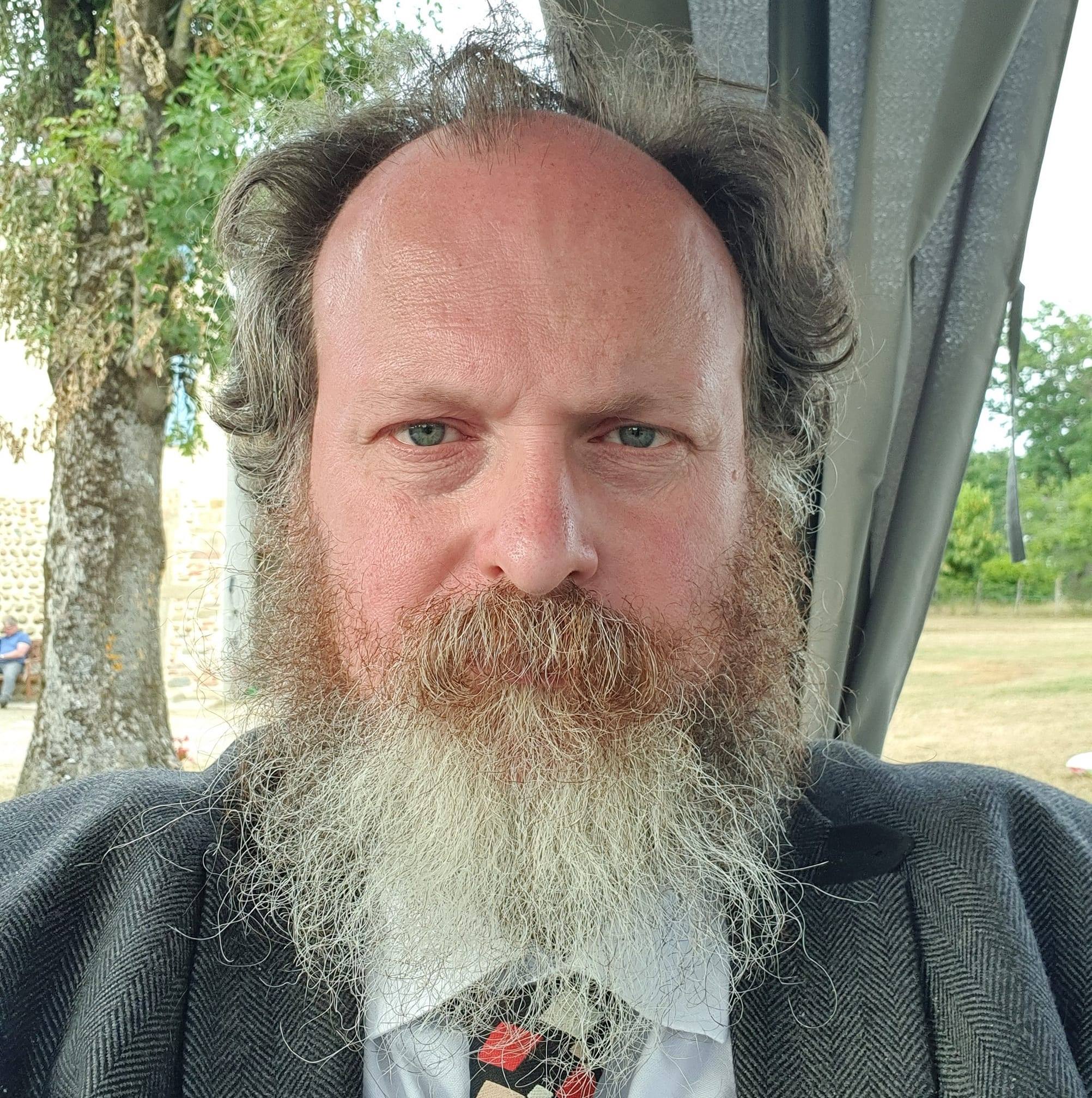Tiens, een paar journalisten met ballen blijkbaar op de briefing van het Witte Huis:
QUESTION: Regardless of whether or not there was pressure from the White House for that line, I’m wondering where does the buck stop in this White House? Does it stop at the CIA, or does it stop in the Oval Office?
Scott McClellan: Again, this issue has been discussed. You’re talking about some of the comments that — some that are —
QUESTION: I’m not talking about anybody else’s comments. I’m asking the question, is responsibility for what was in the President’s own State of the Union ultimately with the President, or with somebody else?
Scott McClellan: This has been discussed.
QUESTION: So you won’t say that the President is responsible for his own State of the Union speech?
Scott McClellan: It’s been addressed.
QUESTION: Well, that’s an excellent question. That is an excellent question. (Laughter.) Isn’t the President responsible for the words that come out of his own mouth?
Scott McClellan: We’ve already acknowledged, Terry, that it should not have been included in there. I think that the American people appreciate that recognition.
QUESTION: You acknowledge that, but you blame somebody else for it. Is the President responsible for the things that he said in the State of the Union?
Scott McClellan: Well, the intelligence — you’re talking about intelligence that — sometimes you later learn more information about intelligence that you didn’t have previously. But when we’re clearing a speech like that, it goes through the various agencies to look at that information and —
QUESTION: And so when there’s intelligence in a speech, the President is not responsible for that?
Scott McClellan: We appreciate Director Tenet saying that he should have said, take it out.
QUESTION: But it’s the President’s fault.
Scott McClellan: In fact, if you look back at it, I mean, we did take out a different reference, a reference based on different sources in a previous speech because it was said — the CIA Director said, take it out.
QUESTION: Let me come back to your “nonsense” statement here, and let me slice it as thinly as I possibly can, just growing out of what Scott asked. Is it nonsense to say that the White House wanted this information included in the State of the Union and negotiated with the CIA to find a way to put it in to the State of the Union?
Scott McClellan: I’m sorry?
QUESTION: Is it nonsense to say that the White House wanted this information in the speech and went through negotiations with the CIA on a way to get it in the speech?
Scott McClellan: That there were discussions? Speech drafts go — we’ve stated that these speeches go out to the principals, it goes out to the State, it goes out to DOD, it goes out to CIA, when it’s going through the drafting process.
QUESTION: Scott, you said it was “nonsense” to say that the White House was pressuring the CIA to put this in the speech. Is it nonsense to say —
Scott McClellan: I think the question that you asked about was that someone was insisting —
QUESTION: Durbin said, a White House official insisted —
Scott McClellan: — insisting that it be put in there in an effort to mislead the American people, I think is what —
QUESTION: You didn’t explicitly give a motive.
Scott McClellan: And I said I think that’s just nonsense.
QUESTION: I’m just trying to slice it a little bit narrowly, to say, is it nonsense to say that the White House wanted this information in the speech and negotiated with the CIA on a way to get it in the speech?
Scott McClellan: Are you asking me to characterize the discussions that occur going on during the speech drafting process? I don’t —
QUESTION: I’m saying, does your “nonsense” statement apply to the idea that the White House wanted it in the speech and negotiated with the CIA on a way to get it in the speech?
Scott McClellan: I think that it still goes back to, these drafts go to the various agencies, it goes to the CIA, this is an intelligence matter. It was based on information in the National Intelligence Estimate. That’s the consensus document of the intelligence community, and that’s what the information was based on in that speech.
QUESTION: So what I asked you about in that speech, your “nonsense” statement —
Scott McClellan: I’m trying to walk you —
QUESTION: You’re trying to walk me out the door. (Laughter.)
Scott McClellan: I’m trying to walk you through this.
QUESTION: So your nonsense statement doesn’t apply to what I just asked you?
Scott McClellan: I’m trying to walk you through the drafting process. And that’s why I was trying to put it in context, so you understand how this occurs.
QUESTION: Scott, on Keith’s question, why can’t we just expect, basically what would be a non-answer, which is, of course the President is responsible for everything that comes out of his mouth. I mean, that’s a non-answer. Why can’t you just say that?
Scott McClellan: This issue has been addressed over the last several days.
QUESTION: Why won’t you say that, though, that’s, like, so innocuous and benign.
Scott McClellan: The issue has been addressed.
